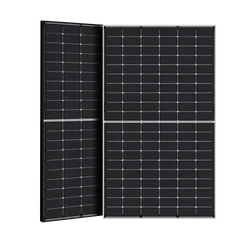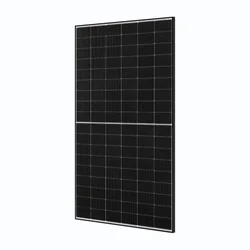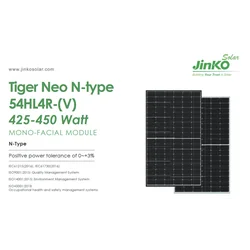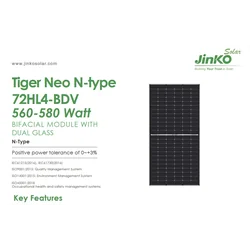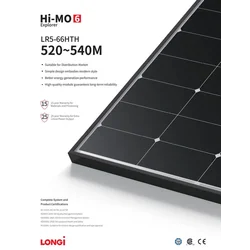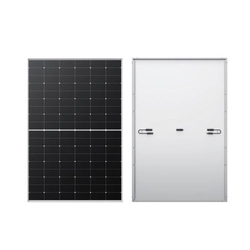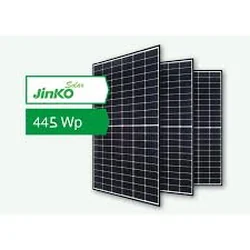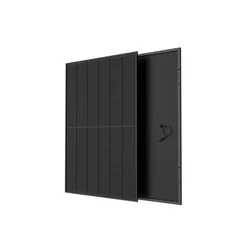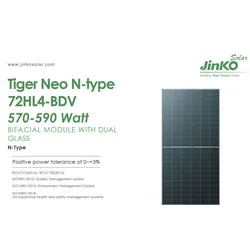How to ensure the safe transportation of photovoltaic abroad
For B2B sellers looking to sell photovoltaic internationally on a B2B platform, organizing the shipping process properly is crucial.
In this article, we will provide valuable insights on how to ensure the safe transportation of photovoltaic abroad, emphasizing the importance of proper packaging and timely delivery.
1. Protecting Components for Transportation
Whether you're transporting modules, inverters, components or small electronics or cables, all components must be properly protected. It is extremely important to secure the installation components really well for transportation. Even micro-damage, for example, can become a cause of power loss.
2. Packaging Guidelines
Photovoltaic panels should always be transported on pallets in a vertical position, aligned with the long side, and with appropriate spacers. It is essential to ensure that the shipped equipment does not extend beyond the perimeter of the pallet.
If there is empty space on the pallet, fill it with other structural components or filler material. Stabilize the pallet by using additional materials like boards if possible.
Ensure shipment protection by wrapping it with a transparent stretch film, as it provides visibility and safeguards the goods during transit.
Additionally, transparent stretch films are commonly preferred over black films as they enable better scanning and monitoring during transit, reducing the risk of mishandling or damage to the shipment.
3. Consider Customer Expectations
Keep in mind that your customer has likely planned their installation based on a specific timeline. Ensuring that the panels reach them on time is crucial for their project's success. Prioritize efficient shipping methods and reliable logistics partners to meet customer expectations.
4. Utilizing Shipment Assistant merXu
To streamline the shipping process, take advantage of the merXu platform's shipment assistant. Fill in all necessary details, including pick-up and delivery addresses, package dimensions, and any specific requirements such as stackability or special handling needs.
Additionally, consider adding extra insurance to protect the shipment's value. Submit the form, and the merXu Logistic team will provide a valuation and arrange the shipment for you and your customer.
5. Renewable Energy Success Stories
Renewable energy is a thriving category on merXu, with approximately 300 active sellers and over 16,000 offers.
Sellers from countries like Romania, Poland, and Spain have excelled in international sales, while buyers from Austria and Germany have shown significant interest, placing numerous quotes.
Additionally, the complementary subcategories of Installation & Accessories and Solar Energy Storage attract buyers with diverse needs and preferences.
Although geographic proximity can play a secondary role in attracting buyers, merXu's international trade capabilities open up opportunities for sellers and buyers across borders, fostering a thriving marketplace for renewable energy products.
Photos and content supervision courtesy ofSales and Marketing Manager Dominik Bartosiak, MJM MARCIN HRYCAJ
Top offers

JA Solar JAM54D40 450/LB Mono Bifacial High Perfomance Black Frame

JinkoSolar photovoltaic module JKM575N-72HL4-BDV 575W Silver

Photovoltaic module PV panel 435Wp Longi Solar LR5-54HTH-435M Hi-MO 6 Explorer Black Frame Black frame

Jinko Tiger Neo N-Type JKM445N-54HL4R-V (445 W, Black Frame)

Jinko Solar 585W JKM585-72HL4-BDV SF Bifacial photovoltaic module
Conclusion:
When selling photovoltaic on a B2B platform, efficient shipping practices are vital to ensure customer satisfaction and the integrity of the products.
By properly protecting the components, adhering to packaging guidelines, and utilizing tools like the merXu shipment assistant, you can optimize the shipping process and enhance the overall experience for both you and your customers.
Embrace these best practices to successfully sell and deliver photovoltaic internationally on the B2B platform.
